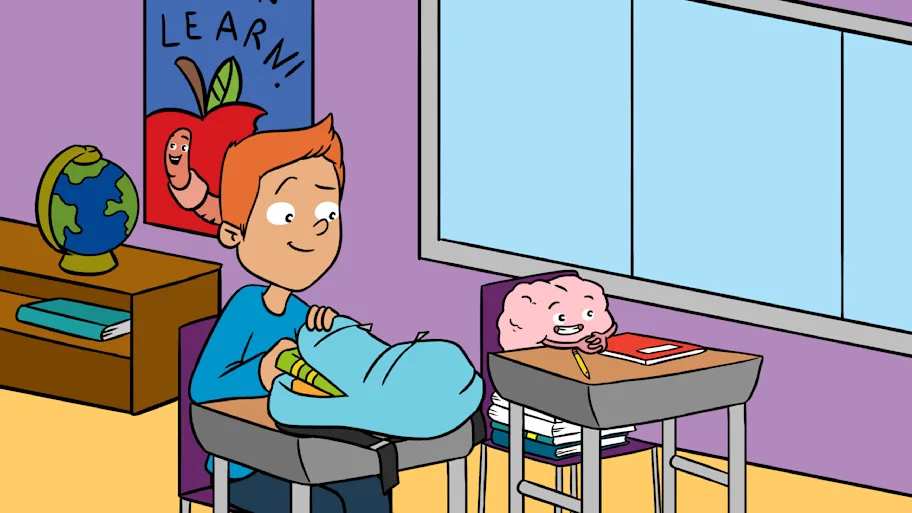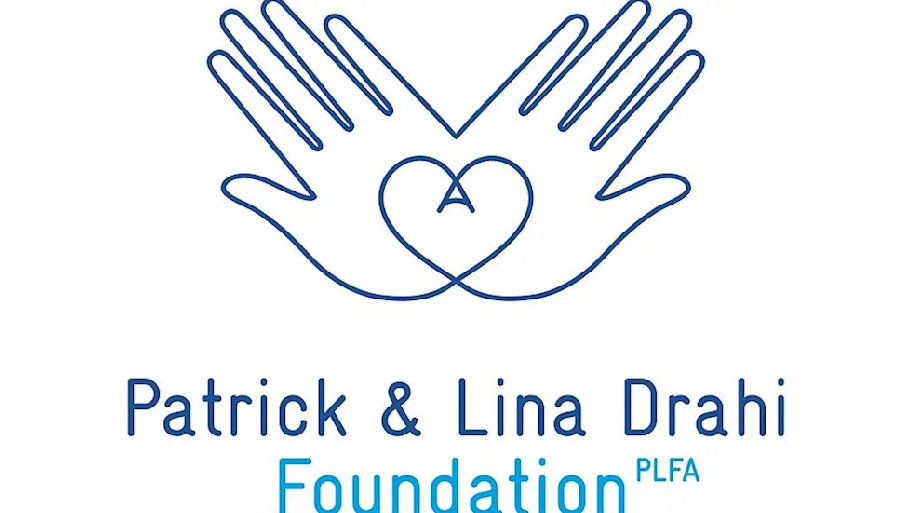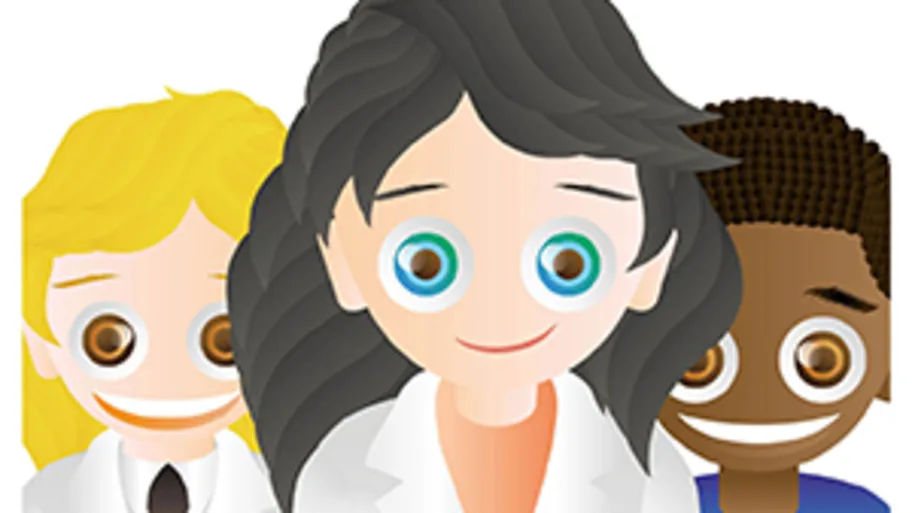
- Science news
- Young Minds
- Secrets of the Learning Brain
Secrets of the Learning Brain

We, humans, are some of the most intelligent beings on Earth. Yet, most of us don’t know much about the very organ that enables us to learn, analyze, and make conscious decisions. Nienke van Atteveldt and Sabine Peters with their Frontiers for Young Minds Collection will help younger readers and their teachers to explore and better understand our learning brains. Thanks to support from the Jacobs Foundation, this Collection will be made available in multiple languages to expand its global reach.
We learn and make memories every day of our lives. This fact seems so natural, that we rarely ask ourselves what our brains do to acquire a new language or to perform calculations. How does this amazing organ in our skull allow us to remember and connect information? What happens inside it when we forget?
Two neuroscientists from the Netherlands want to spread knowledge about our learning brains that will allow kids and teenagers to be more conscious about the mechanisms of learning and memorizing – and even encourage them to apply some well proven learning techniques and work on their learning skills.
To achieve this, Nienke van Atteveldt and Sabine Peters have launched a Frontiers for Young Minds Collection, aiming to give young reviewers and students the chance to discover how they can influence their learning process while acknowledging the current limitations we still face when studying the brain. Nienke reminds us that: “The expectations from the fancy neuroscience techniques we have available nowadays, like MRI scanners, can be really high. But they are just a tool to help us understand another piece of the big puzzle, not a magic machine that explains it all.”
Knowing about how the brain functions and how we can investigate it can help us differentiate facts from myths in brain research, like the common – and hurtful – belief that girls are better at humanities while boys are better at science. Sabine explains: “Girls are often less confident at mathematics and science because they are not stimulated from an early age with the same toys as the boys are. Let’s all stop believing this myth and give boys and girls equal chances from the start!”
Nienke and Sabine hope to also reach schoolteachers who will be able to adapt their teaching methods in accordance to the newest findings and to shape a more effective and enjoyable learning experience at school. Just like the one Sabine experienced as a child: “I had a biology teacher who taught us about the human body using the whole classroom. He would for instance stand on chairs and jump through the classroom to show us what ‘action potentials’ (electric signals between cells) are. That made it much more fun to go to school and I think it also helped us to remember better.”
This Collection aims to help teach the Frontiers for Young Minds audience about the learning brain as well as encourage a deeper understanding and critical thinking. This goal aligns closely with the Jacobs Foundation’s main mission to support the science of learning and “invest in the future of young people so that they become socially responsible and productive members of society.”
The Jacobs Foundation has supported Frontiers for Young Minds since the journal’s early days and their collaboration is key to its success today. We are delighted and proud to be working with the Jacobs Foundation again, whose support will not only make the Collection available in English but also enable its translation into French, German, Spanish, Portuguese, and Dutch.
“It is really great that the Jacobs Foundation has supported Frontiers for Young Minds from the start, and now with this Collection things come together again as the science of learning is one of their priority themes as well. We hope that together we can reach children across the whole world and help them learn about how their brain works – and how science works. Understanding how science is different from opinions has never been more important, and we are really excited about working together with the next generation!” – Nienke van Atteveldt and Sabine Peters.
Do you also study the mysteries of the learning brain and would like to share your research with young minds around the world? Submit your abstract HERE for consideration to the Collection or contact us at kids@frontiersin.org to find out more about the ways to get involved.






